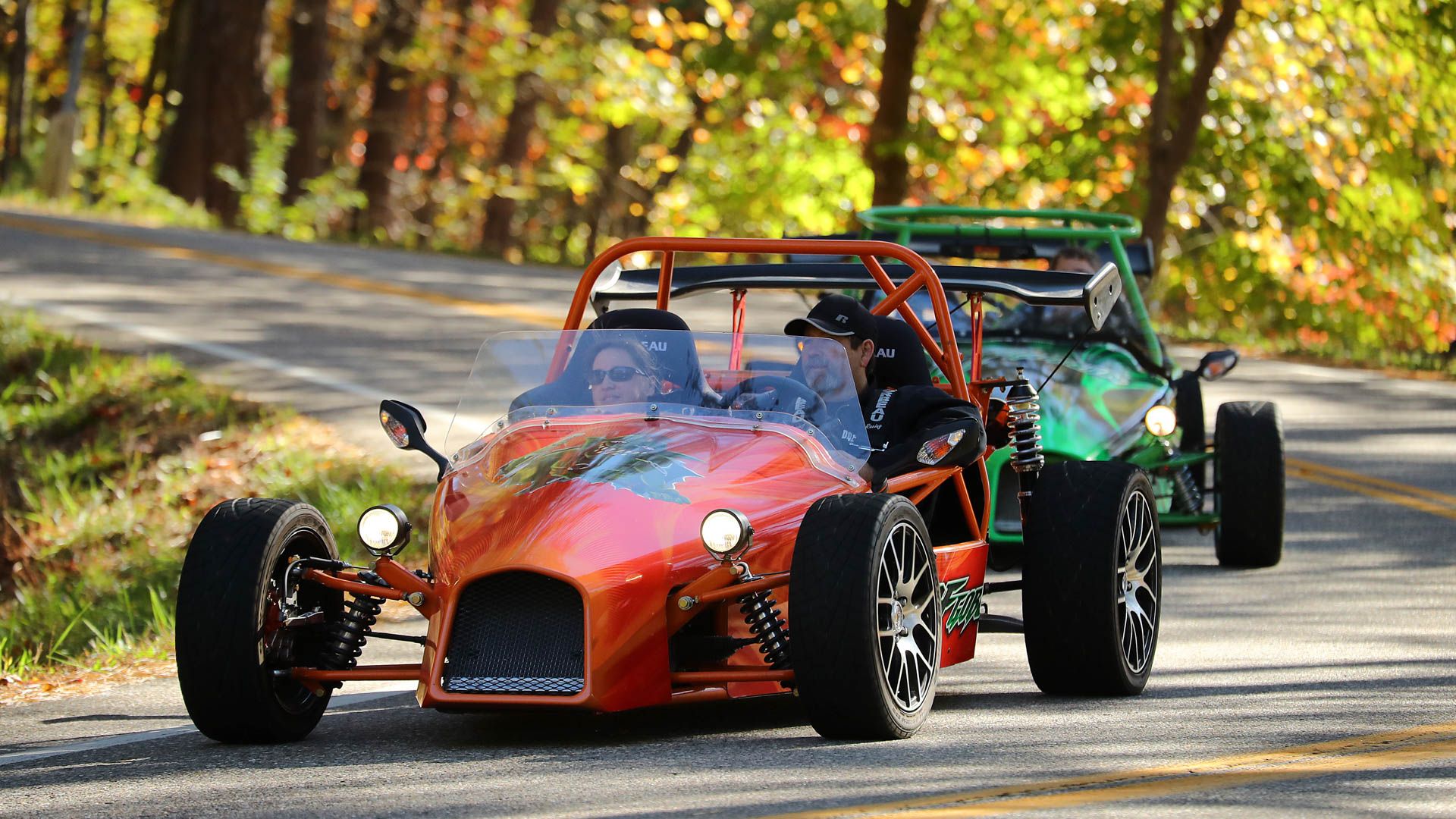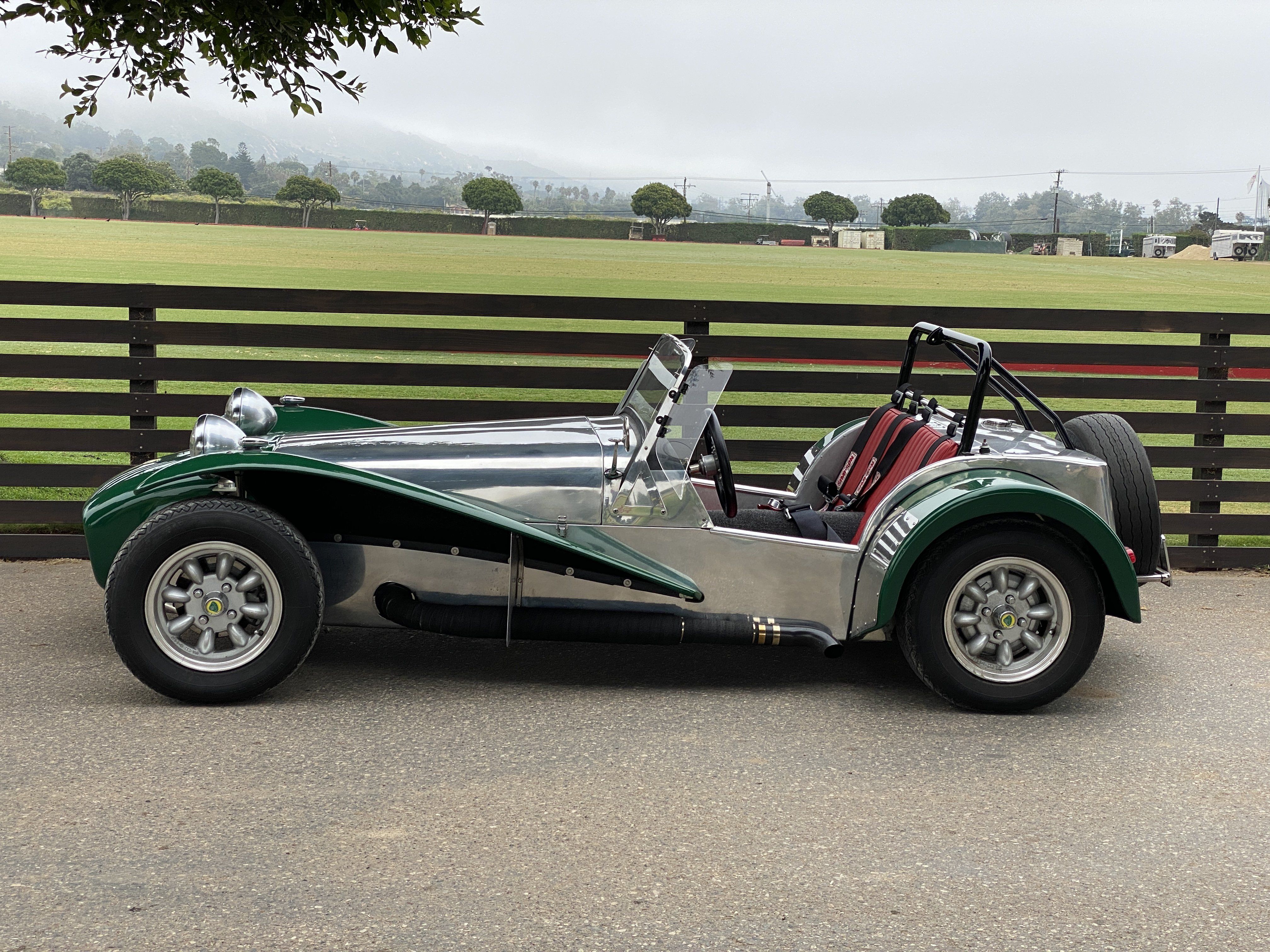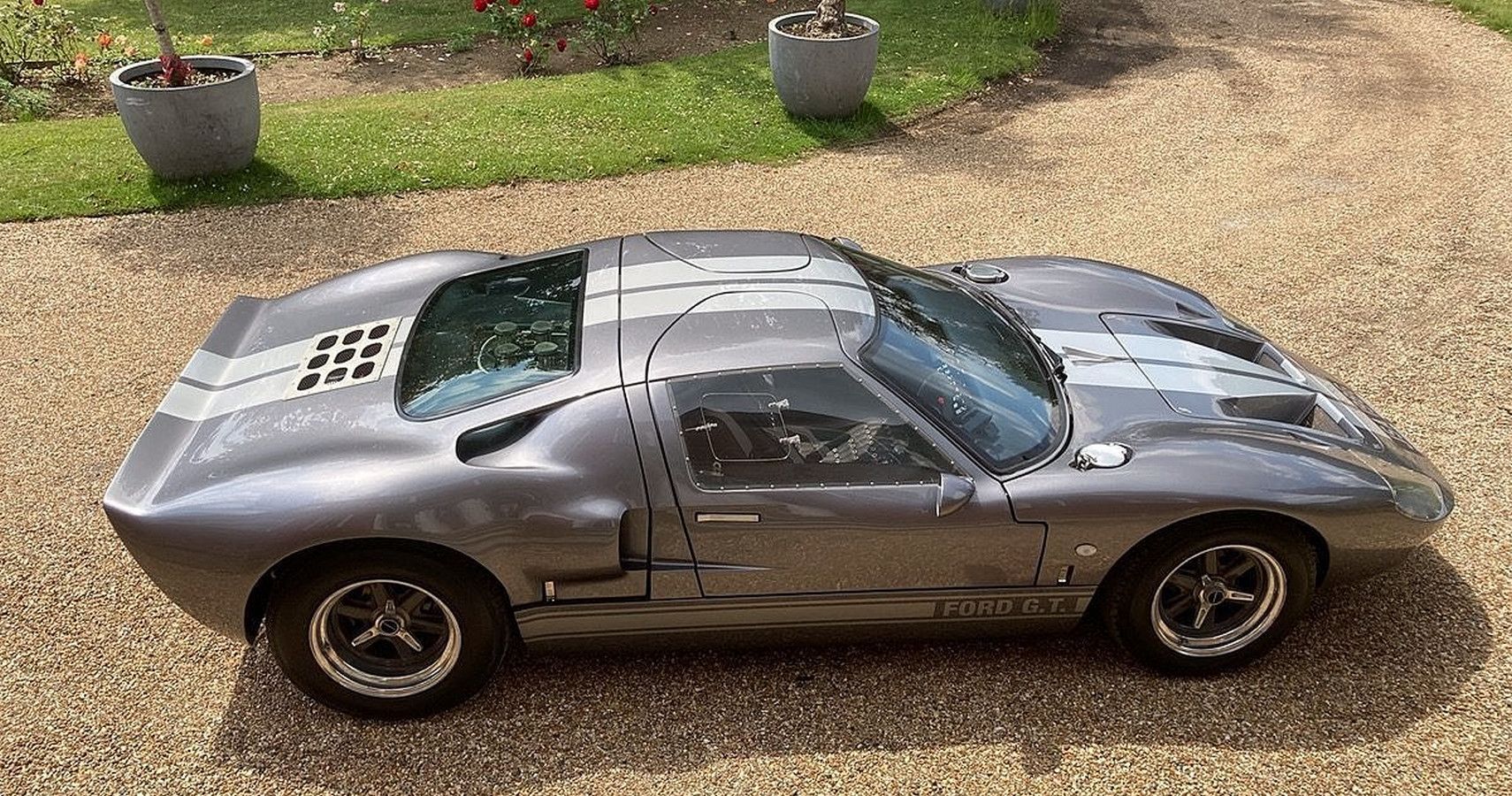You’ve probably heard of the term Kit Car before, but what exactly does it stand for? Well, if we were to put it in the form of an analogy, a Kit Car is almost like a ready-to-go Lego set for adult gearheads, which starts as a piece-by-piece project and ends as a fun driving machine that you can throw around leisurely.
While some Kit Cars are best reserved for use at home or around a secluded track, most of them are actually road-legal vehicles with similar capabilities to the likes of a Mazda Miata or Honda S2000, taking donor parts from vehicles such as a Chevy Cobalt or even a Corvette C5.
As you can probably imagine, there’s an enormous array of different Kit Cars out there, and the project’s history actually goes way back to the late 1800s and early 1900s. Here’s everything you need to know about Kit Cars.
What Is A Kit Car?
Unlike regular factory-ready vehicles, Kit Cars come unassembled in a complex set of manufacture-provided parts, and buyers take these parts and follow a detailed guide to put the car together completely. The overall complexity of each Kit Car tends to vary significantly, and while some come with every single component right out of the box, others require donor cars to source engines, transmissions, and other high-grade parts.
Once assembled, most Kit Cars are just like normal vehicles despite being smaller and far less practical. However, to actually make a finished Kit Car road legal, the local government has to inspect and approve the vehicle’s road-readiness, and in some cases, extra components like airbags and other safety systems are necessary.
How Hard Is It To Assemble A Kit Car?
Putting together an entire car from scratch in your garage might seem like an impossible task if it’s your first time doing anything of the sort, but that doesn’t have to be the case. On the easier side of the spectrum, some Kit Cars are pretty straight forward when it comes to assembly, and even that doesn’t mean you won’t run into some challenges, the instructions are usually detailed and simple enough to follow.
Things tend to get more difficult with Kit Cars that require donor cars for parts. Not only do they involve sourcing the donor vehicle yourself, but you also have to disassemble it and relocate heavy components such as the engine block or transmission. Easier Kit Car projects can take as little as a handful of days for experienced builders, or a few weeks for inexperienced ones, while more complex versions can require several months or even years before full completion.
Kit Car Prices Vary Significantly
Kit Cars aren’t cheap by any means, nor should they be, considering you’re essentially buying a disassembled vehicle. However, most of them are considerably less expensive than a brand-new vehicle, while others can cost more than purebred supercars from the likes of Ferrari and Lamborghini.
You can expect low-budget Kit Cars to cost something around $3,000, though most of these will require buying a separate donor car as well. Mid-range Kit Cars ask for anything between $10,000 and $30,000 when factoring in all components, and lastly, there’s an exclusive set of high-performance track-tearing beasts that ask for north of $50,000, as well as ultra-rare classic restomod kits that can fetch up to $300,000.
These Are Some Of The Coolest Kit Cars Around
Now that we know what a Kit Car is, it’s worth looking into some of the best options currently available for purchase. See, despite all being enjoyable vehicle assembly projects, Kit Cars present vast differences when it comes to performance and other features. Some are dune buggies or high-speed go karts, others are ute-style transformed compacts, and then there’s the sports car Kit Cars that look amazing and deliver truly enticing performance.
Smyth Performance offers an array of DIY car to truck conversion kits that turn cars such as Dodge Chargers, Audi A4s, Subaru Imprezas, and plenty more into practical truck-like utes. UK-based Ultima Sports makes one of the fastest Kit Cars in existence, it’s called the Ultima RS and features hypercar looks and Corvette-sourced engines to deliver extreme performance in what makes for a 0-60 mph acceleration time of less than 3 seconds.
That sums up everything there is to know about Kit Cars. Despite their impressive potential as surprisingly fun and competent driver’s cars, you shouldn’t expect them to deliver the same array of amenities that you’d find in a normal road car. However, with that said, Kit Cars make for some of the most enjoyable and rewarding projects out there, and you definitely shouldn’t pass up on the chance if you can find the time and spare cash.
Source: Smythkitcars



